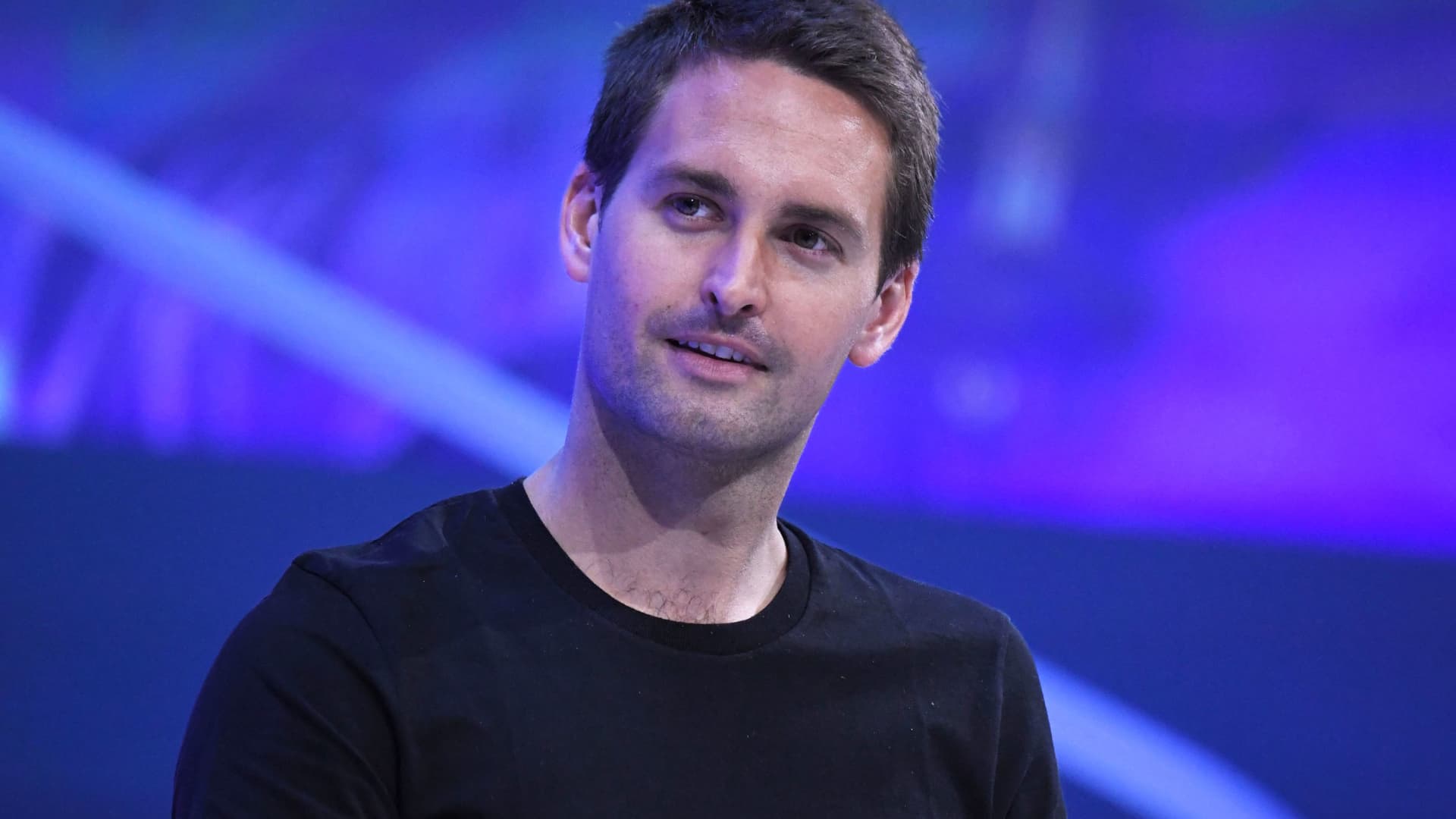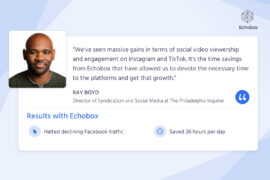Another week, another collection of great stories. Find out why TikTok is laying off staff, the endgame for Elon Musk’s 3D chess match with Twitter and how you can become a writer at the click of a button. It’s The Roundup.
News
It’s been a wild ride of late over at TikTok. Last year the company announced that they had amassed 1bn active users, whilst other social media platforms have been aping the company’s short video format.
This month, however, TikTok’s Global Chief Security Officer stepped down as the company moved to allay fears over the use of user data in the US. And now, Wired reports that the company is undergoing a broad restructuring due to fears over the possibility of a global economic downturn.
The casualties so far include David Ortiz, one of the company’s first executive hires outside China.
In a move precision engineered to make you feel old, CNBC reports that Snapchat will be brought to the desktop screen, in an effort to better accommodate the habits of its users – i.e. users who are no longer teenagers, hypothesizes the report’s author Jonathan Vanian.
In contrast to Facebook’s attempts to win back younger users, Snapchat, it seems, is following its ageing demographic to the workplace and making it easier to discreetly waste time without having to retire to the bathroom.
The move has been greeted with an upturn in parent company Snap Inc.’s flat-lined stock price, which is still down nearly 70% from this time last year.
Analysis
In the saga that has taken on the proportions of Greek myth, the Musk/Twitter cautionary tale of hubris has travelled to the courts this week, as Twitter’s board attempts to force the multi-billionaire to buy them, despite the fact that he’s been trashing them to anyone who will listen. And so like Sisyphus, we keep on rolling…
Entering into a legally binding contract for the banter, it seems, is not the kind of thing that courts smile upon, and so, this week, Musk’s attempt to delay the trial has been denied by a Delaware judge.
But what is the endgame here? What do you think? According to this article by Wired writer Chris Stokel-Walker, Twitter’s board are seeking to cash out their chips (at a price well above current market value) in a company that has been severely tarnished by this whole affair, or else secure a settlement well in excess of the $1bn break fee stipulated in the contact.
Amazon could move to pre-empt regulatory concerns about anti-competitive behavior by stopping its proprietary product lines, as per a report by Wired.
Senior executives have already discussed the measure and are said to be amenable to it, if it were ever required to negotiate a settlement with regulators. The article notes that these product lines have already drawn regulatory ire, due to the use of other companies’ data to produce products and the prominence the items are given on Amazon’s own site and app.
AI
Scientists in Australia have developed a programming language for talking to complex “swarms” of robots inspired by an Aboriginal language called Jingulu.
According to this article from Rachel Packham in Tech Xplore, Jingulu, spoken by the Jingili in Australia’s Northern Territories, is unique in that it uses only three verbs to convey movements in space – come, go and do.
The resulting programming language, the report notes, allows for interacting with and synchronizing any large group of AI entities.
Have you ever dreamed of being a writer? Do you long for the solitude of the writers’ garret? Have you enrolled on that writers’ retreat to the south of France? Well get that refund processed, because AI can write that book for you. From niche fan fiction to the Great American Novel, AI programs are now helping independent novelists for whom churning out novels to a tight deadline is the norm.
The technology is not without its foibles (sample text: “the moon was truly mother-of-pearl, the white of the sea, rubbed smooth by the groins of drowned brides”) but it helps make an almost impossible pace of production just about bearable, writes Josh Dzieza for The Verge.
Move over André Breton, this is automatic writing for the 21st Century.









